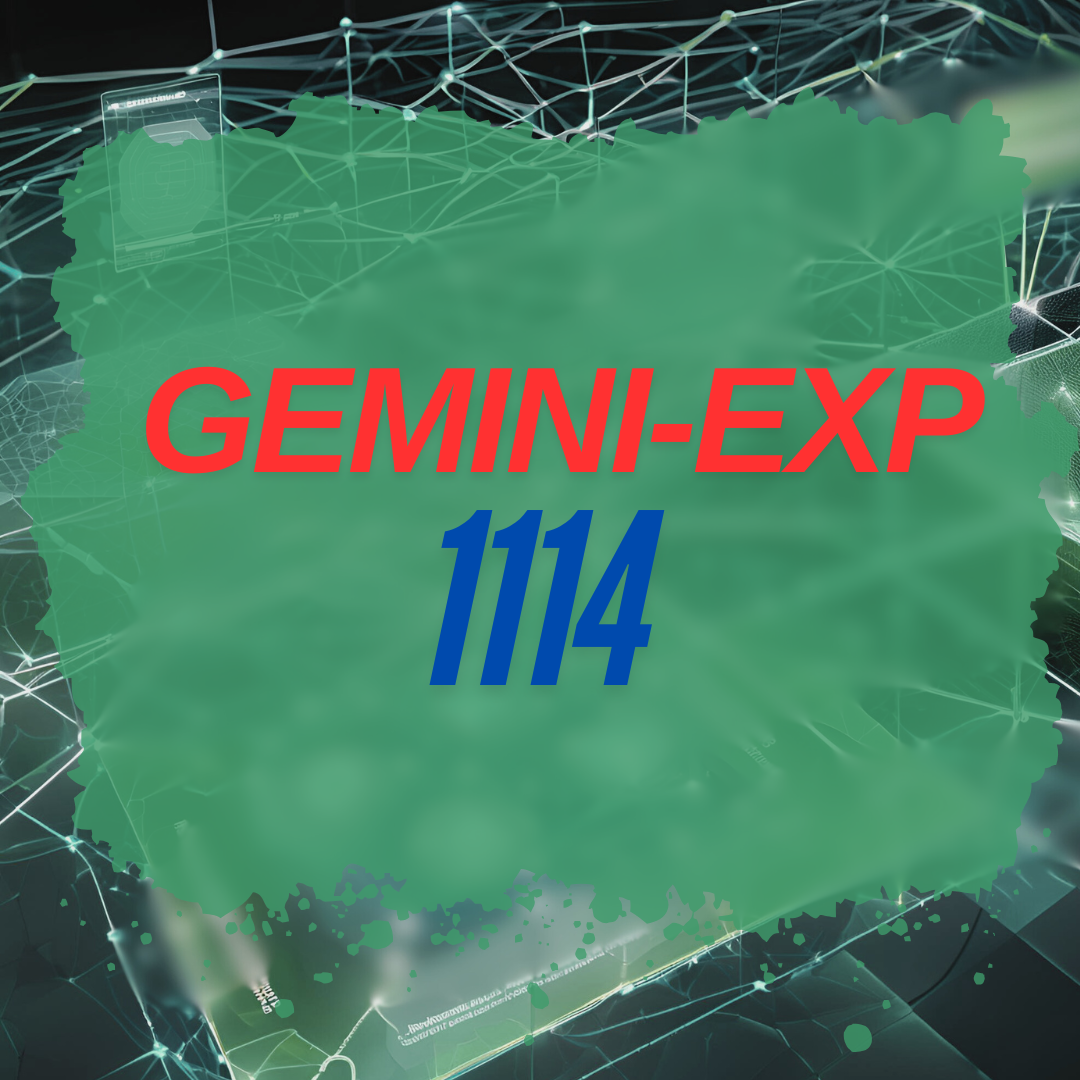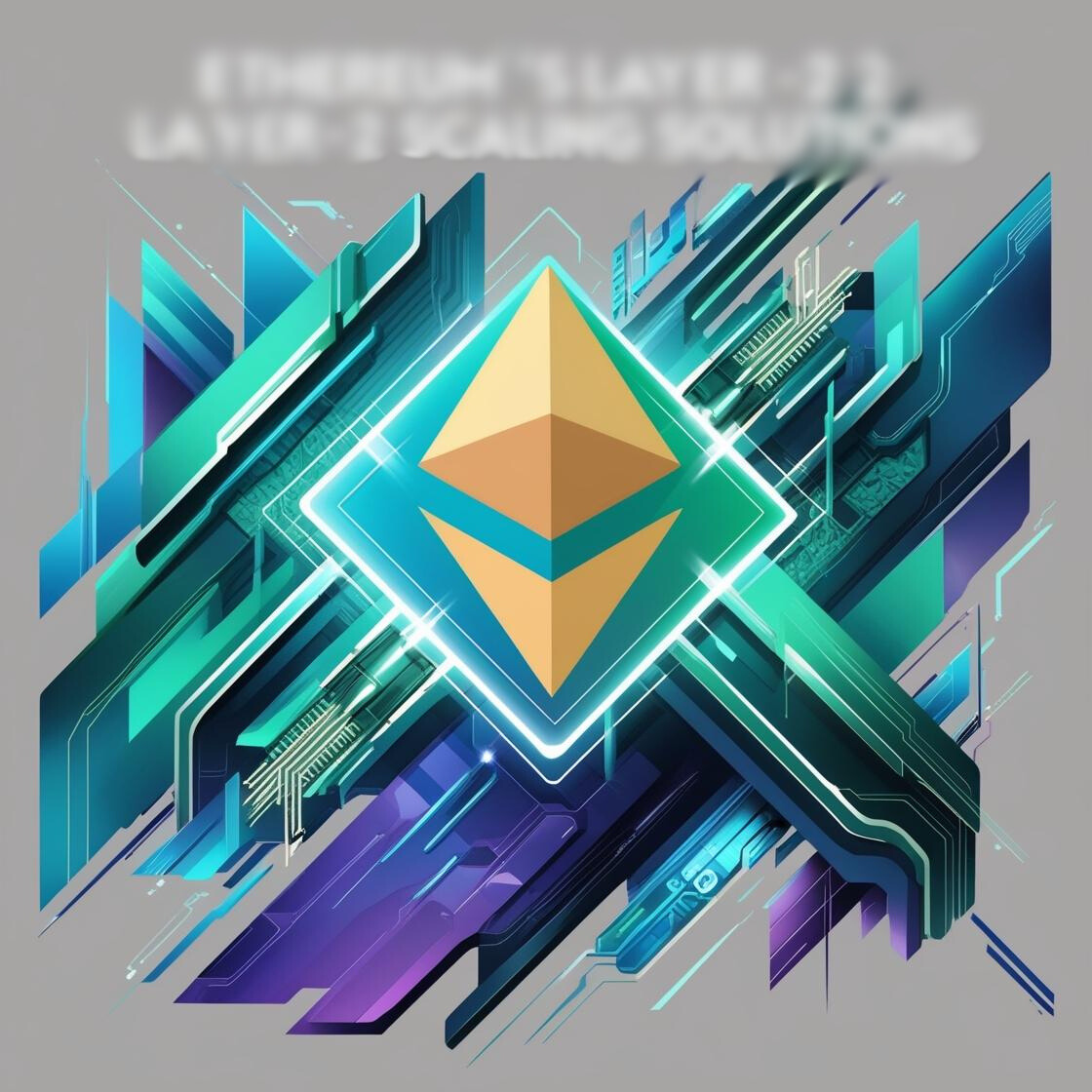Artificial Intelligence - Report
Google's Gemini-Exp 1114 AI model challenging other AI models: A Recap of Recent Developments
 Quest Lab Team
Quest Lab Team
There have been significant developments in the field of AI in recent weeks, with Google's Gemini model making impressive strides and surpassing GPT-4 in certain areas.
The sources highlight the rapid advancements in AI, particularly in natural language processing and robotics, while emphasizing the importance of understanding both the capabilities and limitations of these evolving technologies. The emergence of Google's Gemini model and Elon Musk's "Colossus" supercomputer underscore the intense competition in the AI race. Meanwhile, discussions surrounding AGI, AI safety, and the future of creative industries raise crucial questions about the societal impact of these transformative technologies.
Google's Gemini: A New Contender in the AI Arena
The sources showcase Google's Gemini model as a powerful new force in the AI landscape.Gemini Experience 1114 AI Model has notably claimed the top spot on AI leaderboards, outperforming even GPT-4 in certain areas. This achievement is particularly noteworthy given the recent narrative suggesting a slowdown in AI progress.Gemini's prowess in math and creative writing categories is particularly impressive. The model's ability to excel in diverse domains underscores the potential of AI to revolutionize various aspects of our lives.
However,the sources caution against relying solely on leaderboard rankings to gauge the true value of an AI model. It is crucial to test these models on specific use cases to determine their practical effectiveness. A model's performance on benchmark tasks may not necessarily translate into success in real-world applications. Therefore, rigorous testing and evaluation are essential to understand the limitations and potential pitfalls of any AI system.
The Accelerating Race for AI Dominance: Compute Power Takes Center Stage
The sources reveal an intensifying race for AI dominance, with compute power emerging as a key battleground.Elon Musk's X.AI has stunned rivals by rapidly constructing a supercomputer named "Colossus," boasting an impressive 100,000 GPUs. This feat has sparked concern among competitors like OpenAI and Microsoft, who fear falling behind in the pursuit of advanced AI capabilities.
The speed at which X.AI developed Colossus is particularly alarming for industry giants, considering that such projects typically take years to complete. This rapid development highlights the aggressive pace of innovation in the AI sector and the substantial resources being poured into the development of advanced AI systems.The escalating competition has spurred discussions about building even larger data centers, with estimated costs reaching billions of dollars. This investment signifies the crucial role of compute power in driving future AI advancements.
The Dawn of AGI: A Paradigm Shift in AI Capabilities
The sources explore the concept of Artificial General Intelligence (AGI), a hypothetical type of AI that possesses human-level cognitive abilities.Clive Chan, an employee at OpenAI, boldly asserts that AGI has essentially arrived with the introduction of the GPT-01 paradigm. This statement, while provocative, reflects the growing belief within the AI community that current AI systems are rapidly approaching human-level intelligence.
Chan suggests that the focus now shifts from fundamental scientific breakthroughs to extensive engineering efforts aimed at refining and scaling the GPT-01 paradigm. This shift emphasizes the importance of optimizing existing AI models for real-world applications, ensuring robustness, safety, and ethical considerations. The arrival of AGI, if realized, would represent a profound technological leap with far-reaching implications for society.
Unveiling the Secrets of AI: Mechanistic Interpretability and the Quest for Understanding
The sources touch upon the crucial field of "mechanistic interpretability," which seeks to understand the inner workings of AI models.Researchers are increasingly focusing on explaining why AI models make specific decisions, rather than simply observing their outputs. This approach is crucial for addressing concerns about AI bias, safety, and potential unintended consequences.
A fascinating example of mechanistic interpretability involves researchers uncovering the reason behind an AI model's incorrect answer to a math question. The model's error stemmed from its association of the numbers with Bible verses, demonstrating the complex and sometimes unexpected ways in which AI systems process information. By understanding these underlying mechanisms, researchers can fine-tune the model to produce more accurate and reliable results.
The Rise of Autonomous Robotics: From Lab Experiments to Real-World Applications
The sources highlight the remarkable progress in autonomous robotics, showcasing the potential of AI to transform physical tasks.1X's autonomous robot, powered by Physical Intelligence's foundation model, has demonstrated the ability to make coffee without human intervention. This achievement signifies a significant step towards realizing the potential of AI in automating complex real-world tasks.
The ability of 1X's robot to perform a multi-step task like coffee-making autonomously highlights the potential of AI to revolutionize various industries. From manufacturing and logistics to healthcare and domestic services, autonomous robots could significantly enhance efficiency, productivity, and safety. The continued development of AI-powered robots promises to reshape the future of work and daily life.
AI and the Creative Landscape: Challenges and Opportunities for Human Ingenuity
The sources delve into the ongoing debate surrounding the impact of AI on creative industries.Ben Affleck, renowned actor and director, argues that movies will be among the last creative fields to be fully replaced by AI. He emphasizes the unique human qualities of creativity, storytelling, and emotional depth, suggesting that AI currently lacks the capacity to replicate these nuanced aspects of filmmaking.
While acknowledging the potential of AI to streamline certain aspects of movie production, Affleck maintains that AI is primarily a "craftsman" capable of imitation rather than genuine innovation. This perspective highlights the ongoing tension between human creativity and the rapidly evolving capabilities of AI.
However, the sources also present evidence that AI is making significant inroads in certain creative domains. A recent study revealed that AI-generated poetry is often preferred over human-written poetry, suggesting that AI's creative potential may be underestimated. This finding raises intriguing questions about the evolving role of AI in shaping artistic expression and the potential for collaboration between human and artificial creators.
Looking Ahead: Navigating the Uncertain Future of AI
The sources paint a vivid picture of the rapidly evolving landscape of AI, highlighting both the immense potential and the inherent challenges associated with this transformative technology. The emergence of powerful new models like Google's Gemini and the rapid development of supercomputers like Elon Musk's "Colossus" underscore the intensifying race for AI dominance. As AI continues to advance at an unprecedented pace, key questions emerge:
The Path to AGI: While the arrival of AGI remains a topic of debate, the potential implications for society are profound. Understanding the capabilities and limitations of increasingly sophisticated AI systems is crucial for navigating this uncharted territory. The Importance of AI Safety: Ensuring the responsible development and deployment of AI is paramount. Research into AI safety and ethics must keep pace with technological advancements to mitigate potential risks and unintended consequences. The Future of Work and Creativity: As AI increasingly automates tasks and demonstrates creative capabilities, the role of human ingenuity in the workplace and creative industries will continue to evolve. Adapting to these changes and fostering collaboration between humans and AI will be essential for navigating the future of work. The sources offer a glimpse into the multifaceted nature of AI, its transformative potential, and the complex challenges that lie ahead. By engaging in open dialogue, promoting responsible development, and fostering a deeper understanding of AI's capabilities and limitations, we can strive to harness the power of this technology for the betterment of humanity.

Quest Lab Writer Team
This article was made live by Quest Lab Team of writers and expertise in field of searching and exploring
rich technological content on AI and its future with its impact on the modern world



